EU integration, cooperation discussed at trilateral meeting
The issue of genocide suit and counter-suit which Serbia and Croatia filed was not one of the topics on the agenda of the trilateral meeting in Smederevo.
Saturday, 02.04.2011.
11:41

The issue of genocide suit and counter-suit which Serbia and Croatia filed was not one of the topics on the agenda of the trilateral meeting in Smederevo. Following the meeting with Croatian Prime Minister Jadranka Kosor and Slovenian Prime Minister Borut Pahor, Serbian President Boris Tadic pointed out that this issue fell under the jurisdiction of the two countries' governments, while Kosor said that the Zagreb government had not dealt with the matter yet. EU integration, cooperation discussed at trilateral meeting Tadic reiterated that Serbia was willing to discuss the issue and was open to various solutions. “Withdrawal of suits would be an expedient solution, but the jurisdiction over this matter lies with the two countries' governments,” the Serbian president told reporters, adding that the issue needed to be tackled, having in mind the political process that lies ahead, and noted that Serbia would remain open to negotiations on the matter. Kosor said that the Croatian government had not dealt with this issue at all and added that “zero issues” need to be solved first, such as the missing persons issue and the matter of return of cultural treasures seized during the war. “The issue of dropping of the charges is considered by some as a point that needs to be discussed, but we believe that this matter is quite clear,” she pointed out and expressed belief that all talks such as those at the Friday meeting in Smederevo were highly valuable for solving “zero issues.” She stated on Friday that the issue of Serb refugees from Croatia would be solved but added that the matter of Croatian citizens gone missing in the conflicts during the 90's is a “zero issue” for her country. Kosor underscored the importance of economic cooperation, especially the Cargo 10 project and expressed expectation that such projects will help strengthen railway traffic and that the capacities of countries participating in the project would reach 25, 000 train cars. The Slovenian prime minister qualified as essential the mutual confidence between political leaders and readiness to solve open issues in a good and peaceful climate. He noted that when he conferred with Kosor over the solution to the open issues between Slovenia and Croatia, they did so because they trusted each other, and the same applied to Tadic. Pahor also welcomed the initiation of the Belgrade-Pristina dialogue and pointed out that was is important for problems from the past to be solved to mutual benefit. Borut Pahor, Jadranka Kosor and Boris Tadic (Beta) Support to EU integration The Croat and Slovenian prime ministers expressed their strong support for the European paths of Serbia and the other countries in the region, stressing that the European perspective was the best guarantor of the region's stability. At a press conference following a trilateral meeting between Serbia, Croatia and Slovenia in Smederevo, the prime minister of Croatia, the country which should complete the accession negotiations with the EU in June and soon thereafter become the 28th member of the EU, said that Croatia had always supported Serbia's European path, which had been clearly demonstrated on several occasions. “The most concrete evidence of that support was last year's forwarding of the translation of the acquis communautaire to Serbia and other countries in the region. It is a project in which Croatia invested EUR 8mn, and the act of forwarding it is also a confirmation that, once that we have become a member of the Union, we will be able to provide even stronger support,” she said. According to Kosor, the European perspective is the best guarantor of stability in the region. “We will never tire mapping this path,” she pointed out, adding that the Croatian experience in terms of joining the EU had shown the work could be done and that reforms paid off. Pahor, who is also as a member of the European Council, said he would do everything in his power to help Croatia complete its negotiations on EU membership in June, and help Serbia get the membership candidacy status by the end of the year. Pointing out that membership in the EU is in the first place a matter of meeting the requirements, but also a political issue, he recalled that last year, he had personally wrote to European Council President Herman Van Rompuy, advocating for including the future of Southeastern Europe in the EU agenda. “I have done that in the belief that it would represent the most important inspiration for implementing reforms in these countries and resolving the remaining open issues, and I still think the same way, and my stand is that the Western Balkan countries' moving closer to the EU is not only important for these countries but also for the Union itself,” the Slovenian PM said. Tadic thanked Kosor and Pahor for their support in terms of Serbia's European integration and stressed that the completion of Croatia's negotiations was of great importance not only for Zagreb, but also for the region as a whole, adding it would represent a political milestone. “It is a clear sign that this goal can be achieved, which is why I am expressing my support to Croatia and the Croatian government in this regard,” he stressed. He reiterated that Serbia would like to obtain the candidacy status and the date for the beginning of the accession negotiations by year's end, expressing his hope the actual negotiations would be completed in the near future. “The same goes for others in the region as well,” the Serbian president concluded.
EU integration, cooperation discussed at trilateral meeting
Tadić reiterated that Serbia was willing to discuss the issue and was open to various solutions.“Withdrawal of suits would be an expedient solution, but the jurisdiction over this matter lies with the two countries' governments,” the Serbian president told reporters, adding that the issue needed to be tackled, having in mind the political process that lies ahead, and noted that Serbia would remain open to negotiations on the matter.
Kosor said that the Croatian government had not dealt with this issue at all and added that “zero issues” need to be solved first, such as the missing persons issue and the matter of return of cultural treasures seized during the war.
“The issue of dropping of the charges is considered by some as a point that needs to be discussed, but we believe that this matter is quite clear,” she pointed out and expressed belief that all talks such as those at the Friday meeting in Smederevo were highly valuable for solving “zero issues.”
She stated on Friday that the issue of Serb refugees from Croatia would be solved but added that the matter of Croatian citizens gone missing in the conflicts during the 90's is a “zero issue” for her country.
Kosor underscored the importance of economic cooperation, especially the Cargo 10 project and expressed expectation that such projects will help strengthen railway traffic and that the capacities of countries participating in the project would reach 25, 000 train cars.
The Slovenian prime minister qualified as essential the mutual confidence between political leaders and readiness to solve open issues in a good and peaceful climate.
He noted that when he conferred with Kosor over the solution to the open issues between Slovenia and Croatia, they did so because they trusted each other, and the same applied to Tadić.
Pahor also welcomed the initiation of the Belgrade-Priština dialogue and pointed out that was is important for problems from the past to be solved to mutual benefit.
Support to EU integration
The Croat and Slovenian prime ministers expressed their strong support for the European paths of Serbia and the other countries in the region, stressing that the European perspective was the best guarantor of the region's stability.At a press conference following a trilateral meeting between Serbia, Croatia and Slovenia in Smederevo, the prime minister of Croatia, the country which should complete the accession negotiations with the EU in June and soon thereafter become the 28th member of the EU, said that Croatia had always supported Serbia's European path, which had been clearly demonstrated on several occasions.
“The most concrete evidence of that support was last year's forwarding of the translation of the acquis communautaire to Serbia and other countries in the region. It is a project in which Croatia invested EUR 8mn, and the act of forwarding it is also a confirmation that, once that we have become a member of the Union, we will be able to provide even stronger support,” she said.
According to Kosor, the European perspective is the best guarantor of stability in the region.
“We will never tire mapping this path,” she pointed out, adding that the Croatian experience in terms of joining the EU had shown the work could be done and that reforms paid off.
Pahor, who is also as a member of the European Council, said he would do everything in his power to help Croatia complete its negotiations on EU membership in June, and help Serbia get the membership candidacy status by the end of the year.
Pointing out that membership in the EU is in the first place a matter of meeting the requirements, but also a political issue, he recalled that last year, he had personally wrote to European Council President Herman Van Rompuy, advocating for including the future of Southeastern Europe in the EU agenda.
“I have done that in the belief that it would represent the most important inspiration for implementing reforms in these countries and resolving the remaining open issues, and I still think the same way, and my stand is that the Western Balkan countries' moving closer to the EU is not only important for these countries but also for the Union itself,” the Slovenian PM said.
Tadic thanked Kosor and Pahor for their support in terms of Serbia's European integration and stressed that the completion of Croatia's negotiations was of great importance not only for Zagreb, but also for the region as a whole, adding it would represent a political milestone.
“It is a clear sign that this goal can be achieved, which is why I am expressing my support to Croatia and the Croatian government in this regard,” he stressed.
He reiterated that Serbia would like to obtain the candidacy status and the date for the beginning of the accession negotiations by year's end, expressing his hope the actual negotiations would be completed in the near future.
“The same goes for others in the region as well,” the Serbian president concluded.










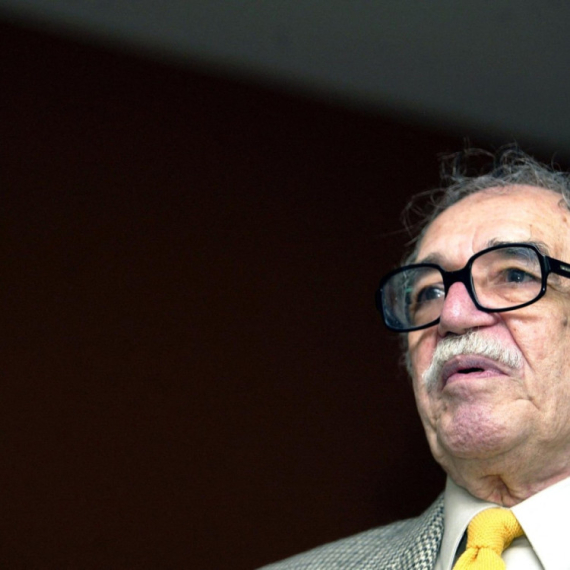





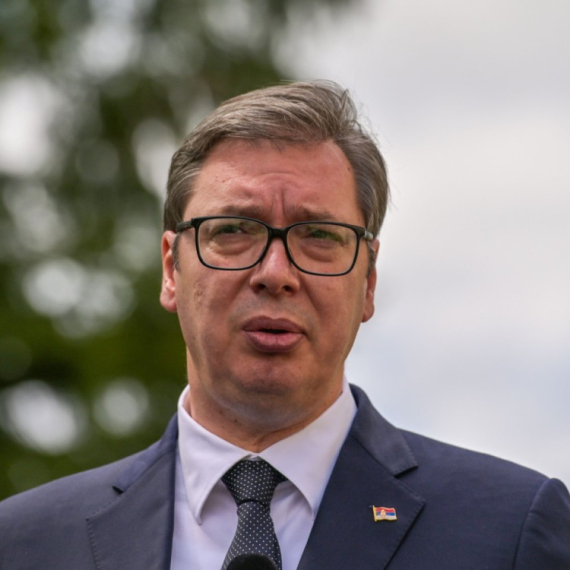



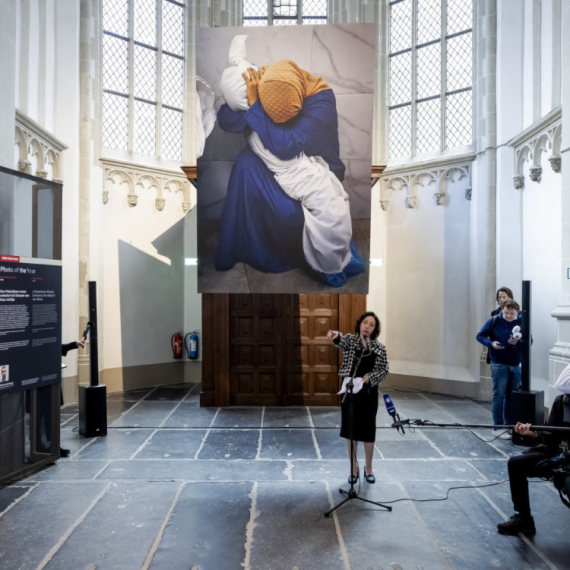
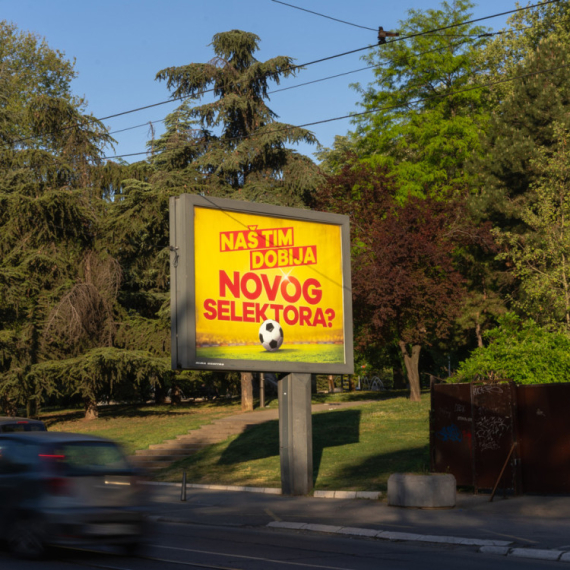

























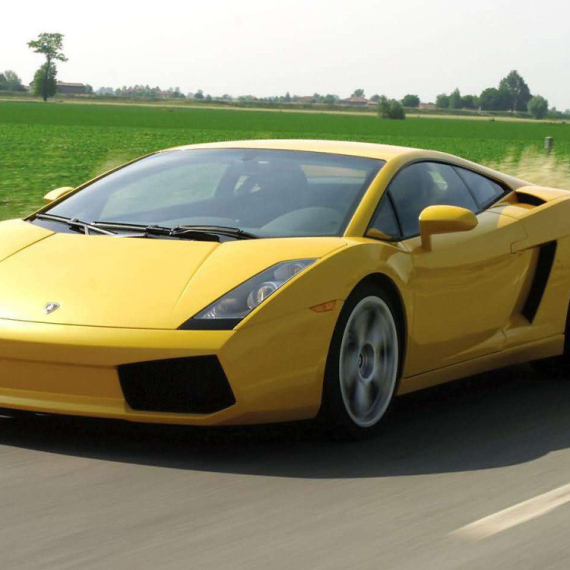

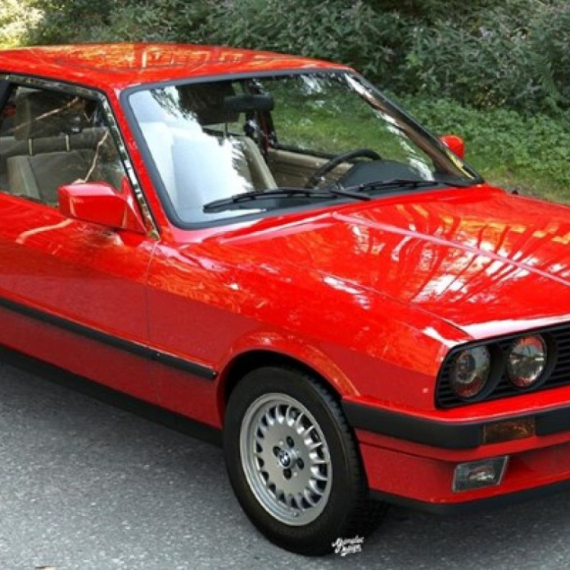




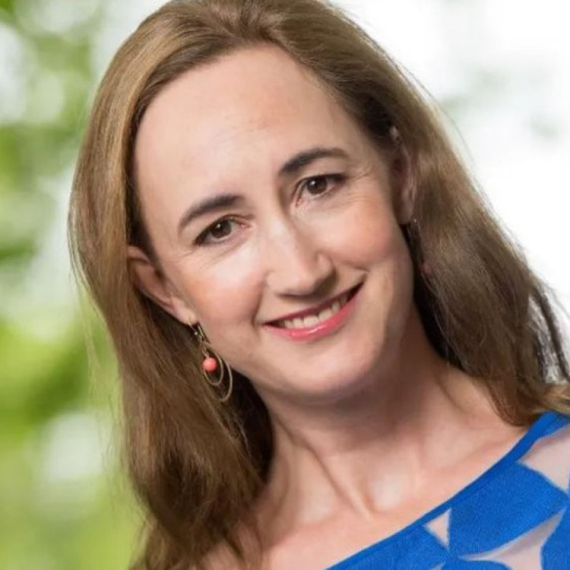
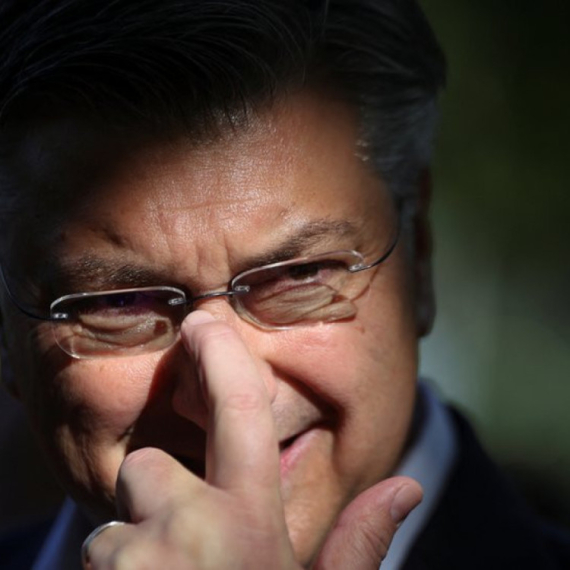

Komentari 0